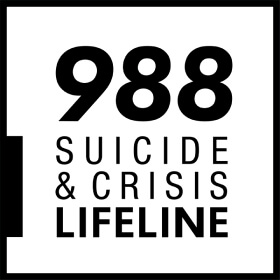What is Sexual Coercion?

Sexual coercion is the act of using pressure, threats, alcohol or drugs, or force to engage in sexual activity with someone.
This type of abuse can take form in many different ways. Contrary to popular belief, coercion is mostly verbal and emotional, not physical. The tactics the abuser uses can make someone feel pressure, guilt or shame, or as though they owe that person in the form of a sexual act. It can also look like egging someone on, asking persistently, or refusing to accept their response until “No” becomes a “Yes.”
Coercion can look like:
Sexual Coercion is Sexual Assault
A common myth is that sexual violence only happens by physical force. Sexual coercion is a lot more common than people may believe it is. Some survivors don’t even realize they have experienced sexual coercion until the relationship has finally stopped and they can see things from a different perspective. Many survivors blame themselves for “giving in,” and may have trouble recognizing that they were coerced into giving a “yes,” and not label their experience as sexual assault. In reality, research shows that 23.6% of women and 10.9% of men have been sexually coerced.1 However, this study uses a definition of coercion that only includes sexual violence involving penetration. In reality, any sexual act can be coercive. Therefore, it is likely that a higher percentage of the population has experienced sexual coercion.
No person is ever obligated to have sex with someone else, no matter the relationship between the two people. Consent should be freely communicated and can be taken back at any moment. Survivors are not to blame if they have been sexually coerced, the blame lies with the person who felt entitled to their body and used coercion in order to get the response they wanted.
Sources
- Basile, K.C., Smith, S.G., Kresnow, M., Khatiwada S., & Leemis, R.W. (2022). The National Intimate Partner and Sexual Violence Survey: 2016/2017 Report on Sexual Violence. Atlanta, GA: National Center for Injury Prevention and Control, Centers for Disease Control and Prevention.

988 Suicide and Crisis Lifeline
988 Lifeline is a national network of local crisis centers that provides free and confidential emotional support to people in suicidal crisis or emotional distress 24 hours a day, 7 days a week in the United States.

National Sexual Assault Hotline
RAINN is the nation’s largest anti-sexual violence organization. RAINN created and operates the National Sexual Assault Hotline in partnership with more than 1,000 local sexual assault service providers across the country.
Phone: 800-656-4673
Chat: Click here to chat

National Domestic Violence Hotline
We are here to serve all those impacted by relationship abuse 24/7 confidentially. Due to high demand, you may experience longer wait times to connect with a live advocate.



